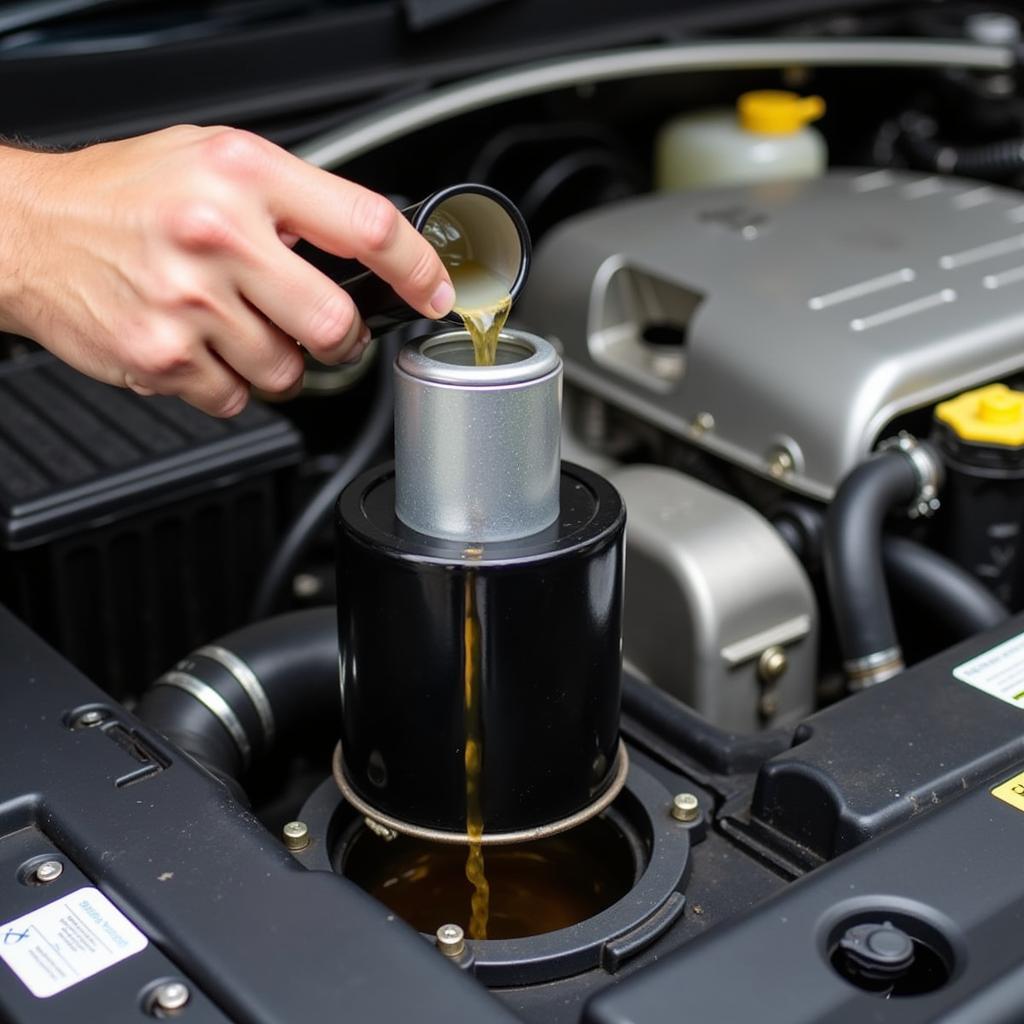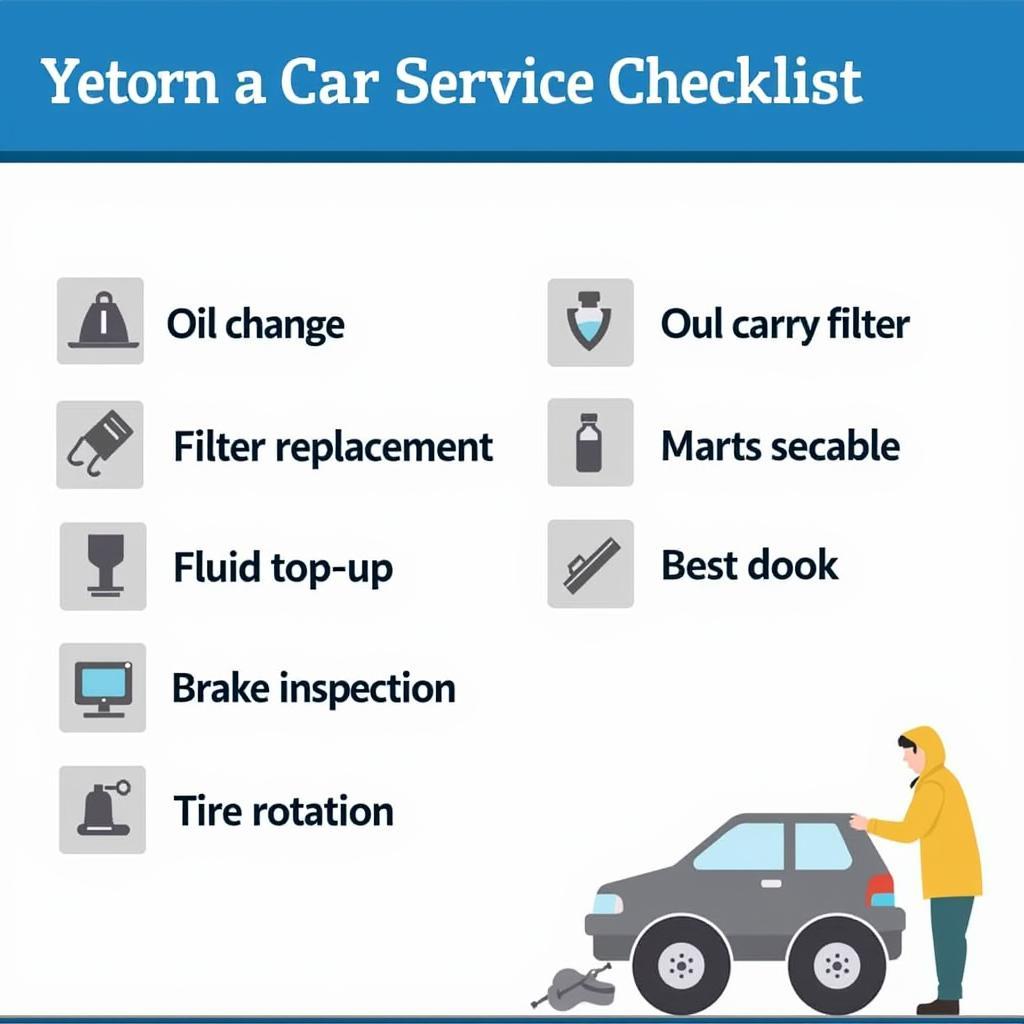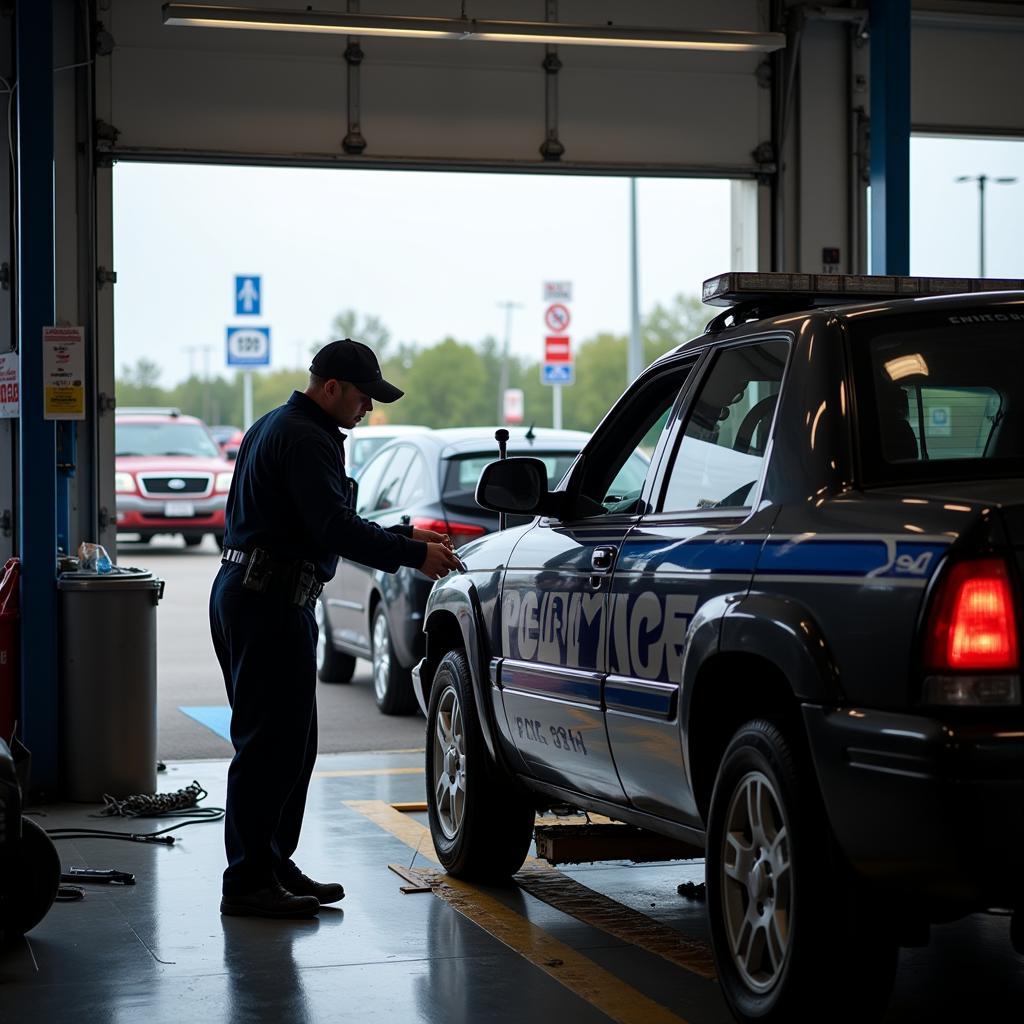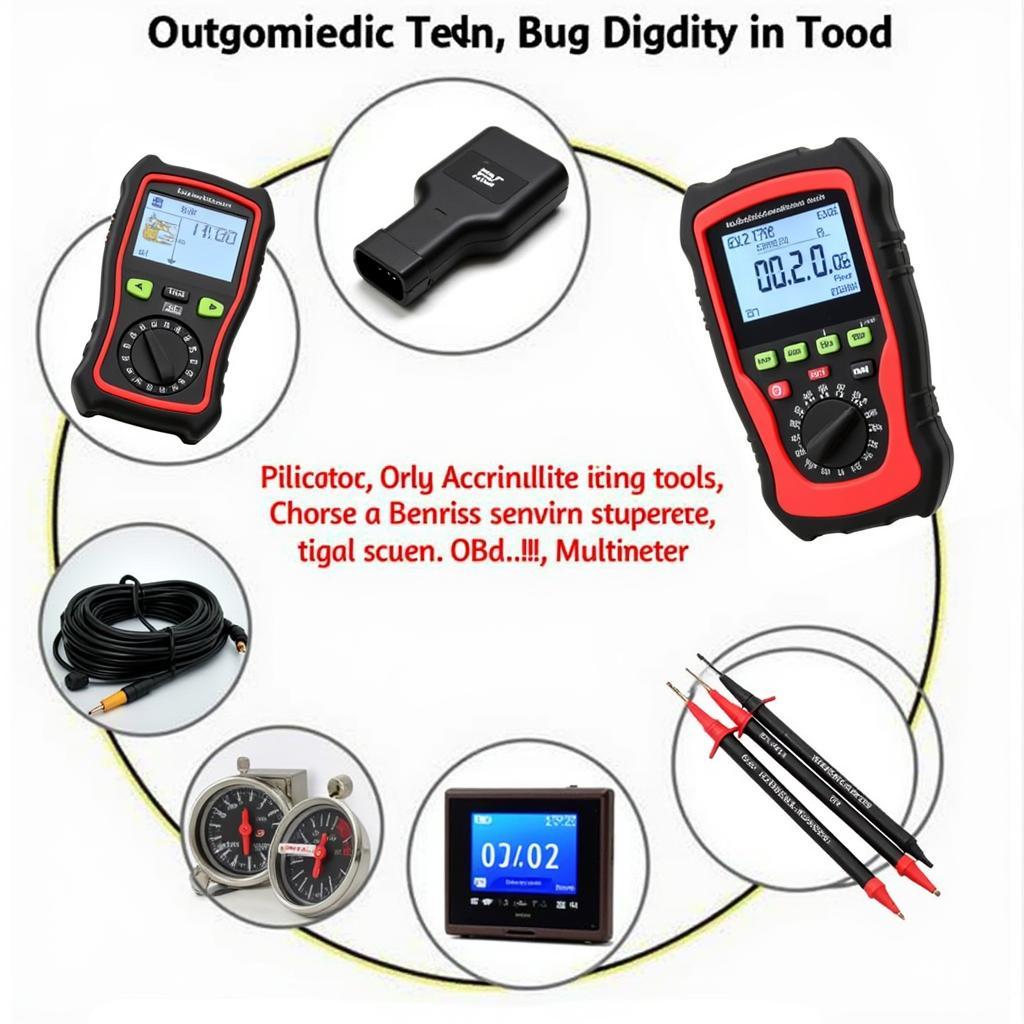How Regularly Do Car Engines Need to Be Serviced?
Knowing how regularly your car engine needs servicing is crucial for maintaining its performance, longevity, and safety. Ignoring regular maintenance can lead to costly repairs down the road and potentially put you at risk while driving. This comprehensive guide will delve into the various factors influencing service intervals, empowering you to make informed decisions about your vehicle’s care.
Understanding Car Engine Service Intervals
There’s no one-size-fits-all answer to how often your engine needs servicing. The frequency depends on several key factors, including the make and model of your vehicle, your driving habits, and the type of oil used. Modern vehicles often have longer service intervals than older models, thanks to advancements in engine technology and lubricants.
Factors Affecting Engine Service Frequency
Vehicle Age and Model
Older cars typically require more frequent servicing than newer ones. This is due to wear and tear on engine components over time. Consult your owner’s manual for the manufacturer’s recommended service schedule specific to your vehicle’s make and model.
Driving Conditions
Driving in harsh conditions like extreme temperatures, stop-and-go traffic, or dusty environments can put extra strain on your engine, necessitating more frequent servicing. If you frequently tow heavy loads or drive off-road, your engine will also require more attention.
Oil Type
The type of oil you use plays a significant role in determining service intervals. Synthetic oils generally last longer than conventional oils, allowing for extended periods between oil changes. However, it’s essential to follow the manufacturer’s recommendations for the correct oil type and viscosity.
 Car Engine Oil Change Process
Car Engine Oil Change Process
Manufacturer Recommendations
Always refer to your vehicle’s owner’s manual for the manufacturer’s recommended service schedule. This schedule outlines the specific maintenance tasks required at different mileage intervals, ensuring your engine receives the proper care throughout its lifespan.
Signs Your Engine Needs Servicing
While adhering to the recommended service schedule is vital, it’s equally important to be aware of potential warning signs that your engine may need immediate attention. These signs could include unusual noises, decreased fuel efficiency, difficulty starting, or warning lights on your dashboard.
The Importance of Regular Engine Servicing
Regular engine servicing offers numerous benefits, including improved fuel economy, reduced emissions, enhanced performance, and increased engine lifespan. By catching potential issues early, you can avoid costly repairs and ensure your vehicle operates safely and reliably.
Benefits of Timely Maintenance
- Increased Engine Lifespan: Regular maintenance helps prevent premature wear and tear on engine components, extending its overall life.
- Improved Fuel Efficiency: A well-maintained engine runs more efficiently, maximizing fuel economy and saving you money at the pump.
- Reduced Emissions: Regular servicing helps keep your vehicle’s emissions within acceptable limits, contributing to a cleaner environment.
- Enhanced Performance: A properly tuned engine delivers optimal performance, ensuring a smoother and more responsive driving experience.
 Mechanic Inspecting Car Engine
Mechanic Inspecting Car Engine
How Often Should You Get an Oil Change?
One of the most crucial aspects of engine servicing is regular oil changes. While the recommended interval varies depending on the factors discussed earlier, a general guideline is to change your oil every 3,000 to 5,000 miles for conventional oil and every 7,500 to 10,000 miles for synthetic oil.
What Happens During an Engine Service?
A typical engine service includes an oil and filter change, checking fluid levels, inspecting belts and hoses, and examining the air filter. More comprehensive services may involve spark plug replacement, fuel system cleaning, and other preventative maintenance tasks.
 Car Service Checklist
Car Service Checklist
Conclusion
Knowing how regularly your car engine needs to be serviced is essential for its long-term health and performance. By understanding the factors influencing service intervals and paying attention to warning signs, you can ensure your vehicle runs smoothly and safely for years to come. Regular maintenance is an investment that pays off in the long run, preventing costly repairs and maximizing the lifespan of your engine.
FAQ
- What is the difference between a minor and major service? A minor service typically includes an oil change and basic checks, while a major service is more comprehensive and includes additional checks and replacements.
- Can I service my car engine myself? While some basic maintenance tasks can be performed at home, it’s generally recommended to have your engine serviced by a qualified mechanic.
- How much does an engine service cost? The cost varies depending on the type of service required and the make and model of your vehicle.
- What happens if I don’t service my car engine regularly? Neglecting regular servicing can lead to decreased performance, reduced fuel efficiency, costly repairs, and potential engine failure.
- How can I find a reputable car service center? Ask for recommendations from friends and family or search online for reviews of local service centers.
Need further assistance? Contact us via WhatsApp: +1(641)206-8880, Email: [email protected]. Our 24/7 customer support team is ready to help.

